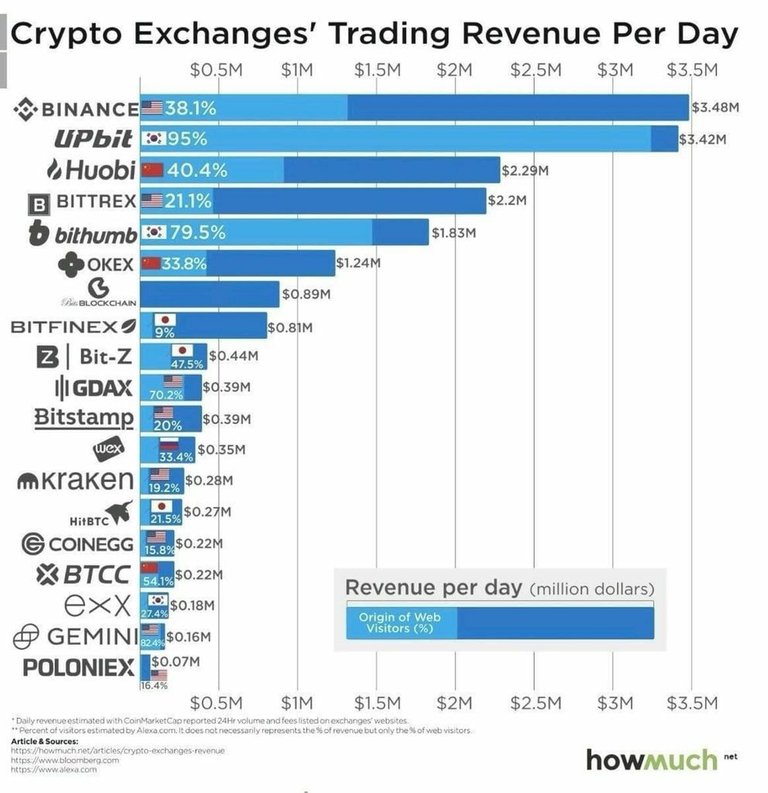G20 Yes for digital currencies
The G20, one of the world's 20 largest economies, held meetings in Buenos Aires, Argentina, last week. The regulation of digital currencies was among the most important topics discussed by the multilateral group. The importance of anything discussed in Argentina can affect the digital currency market around the world. The main message was: We will not ban but we will regulate the market. Another good news was that there was much uncertainty about how the group, which includes China, the United States and Japan among others, would handle the issue.
In partnership with Criptomoedas Facil, the main points discussed during the meetings were summarized. In July, the first concrete proposals on regulation should be made, so it is also important to fully develop a format that will legitimize digital currencies such as Betquin, paving the way for investors and institutional markets around the world. Here are ten key points reached by the group:
- Digital / blockage currencies should be adopted by States
G20 participants acknowledged that digital currencies have the power to include individuals sitting on the sidelines of the economic system. In addition, they realized that they could (and must, according to a Spanish minister of finance) help governments expand welfare policies.
- States recognize the demise of the traditional economy
The Ministers also agreed that the traditional economy was now in transition in the light of the fact that the digital age could no longer be separated from the economy.
- Regulation is inevitable
Organization is an inevitable process, and although the economy is digital, citizens are real and an integral part of the state, as is the case of business, and therefore regulations must be imposed as do other types of businesses.
- Organization and not prohibition
G20 members unanimously agreed that digital currencies are important and represent a revolution in the economy and social organization, and therefore can not be banned, but must undergo a regulatory process.
- Regulation will not prevent the development of technology, but taxation is almost certain
It was also clear that the process of regulation would be carried out very carefully so as not to impose strict laws that would impede technological development. However, the imposition of fees - which can happen in different parts of the process - is virtually certain.
- The first regulatory proposals will be presented in July
The heads of central banks, along with the Financial Action Task Force (FAFT) and the Organization for Economic Cooperation and Development (OECD), will be responsible for the G20 regulatory proposals. The first proposals for the process will be presented to the organization in July this year during the third meeting of finance ministers and heads of central banks.
- Prevention of crime
The regulatory proposals will focus primarily on curbing illegal activity, such as terrorism and money laundering, as well as consumer protection and avoiding fraud in currency support operations (ICOs) and digital currency projects, among others.
- Tracking and "Know Your Customer"
There is still no consensus on how and if digital currency activities can be tracked or taught so that they can determine where they came from and where they will go. However, your customer know-how standards and digital identity should be key points in the discussions.
- Europe wants to lead the process outside the G-20
Europe intends to lead the process of regulating digital currencies, but without waiting for the G20 position until July. So that a group of countries on the continent set up a working group to discuss the issue and implement practical standards for Europe before the G-20 even submits its proposals.
- Self-regulation

Although this issue has not yet been addressed in official meetings, the back-to-back self-regulation, which began to emerge in Japan, Puerto Rico, and the United States, has been largely commented upon and may eventually find its place on the main agenda.